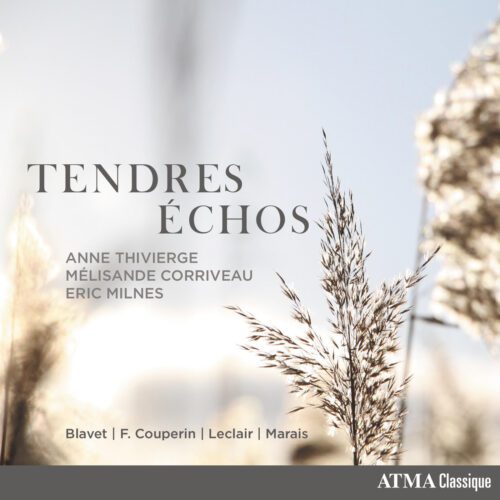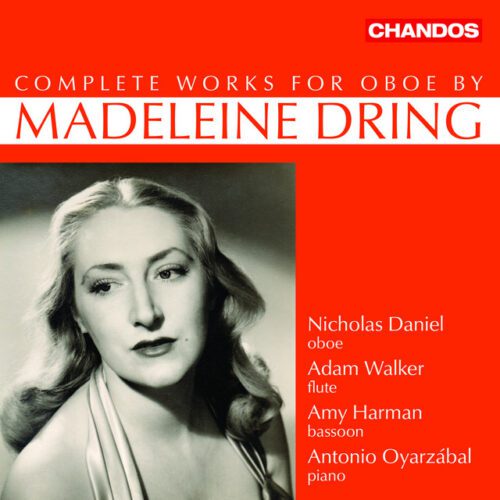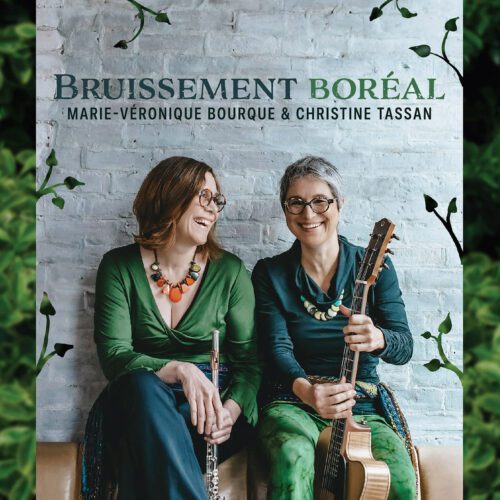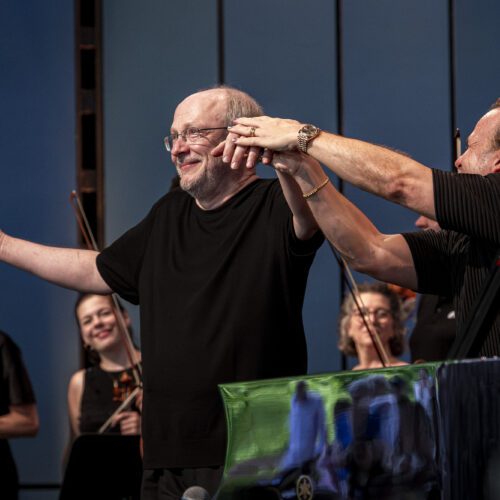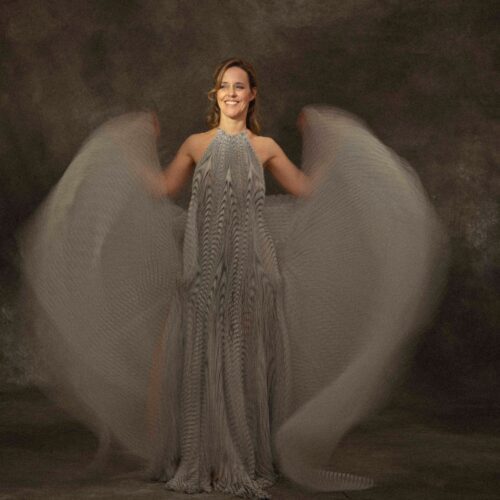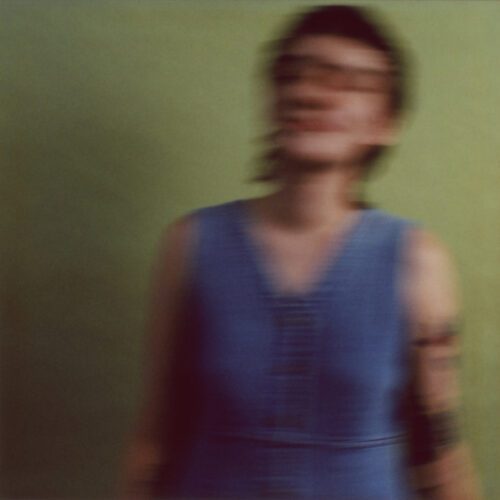The full album will be available Friday 18 August 2023
Somewhere in the late 1600s, the flute began to assert itself as a rival to the recorder. A few decades later, it had won the battle and become the master of the new musical repertoire, and its presence was definitive in orchestras. Three of Quebec’s finest Baroque artists, Anne Thivierge on flute, Mélisande Corriveau on viola da gamba and Eric Milnes on harpsichord, offer us a glimpse into the soundtrack of that era, when the new instrument was building its sovereign future. The tender echoes delicately revealed are those of four Frenchmen, Michel Blavet (1700-1768), François Couperin (1668-1733), Marin Marais (1656-1728) and Jean-Marie Leclair (1697-1764). The French embraced the possibilities of this new instrument from the outset and thus helped to rapidly enrich its repertoire. The French sound, made up of clarity and the luminously layered superposition of voices, but also agréments (elegant ornamentation around the melody) and closeness to the discursive plasticity of the text, even when absent as is the case here in these purely instrumental works, is rendered in all its splendour and graceful refinement by the soloist and her precious continuo support. Somewhere in the court of Louis XIV or Louis XV, yes, this is exactly the kind of concert you’d hear in a small salon, with tea and biscotti. It’s proof that music is stronger than almost anything: we could care less today about these pseudo-precious nobles and their superficial vanity, but the music remains, and its undeniable charm still has the greatest effect on the greatest number of people who will give it a careful listen.
